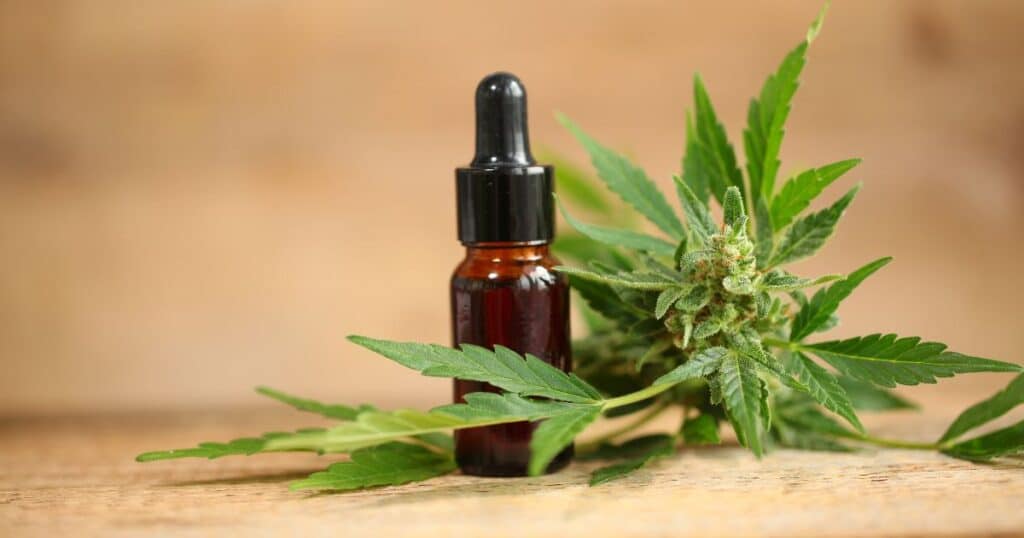The cannabis plant, often admired and criticized, is entering new arenas. In a recent decision,Brazil has approved the use of cannabis in animal production, signaling a significant shift in veterinary care in the South American country. This decision not only broadens the applications of cannabis in Brazil but also paves the way for potential advancements in animal welfare and agricultural productivity.
Current Landscape of Cannabis Use in Brazil
While cannabis remains illegal in Brazil, its decriminalization in 2006 allowed for possession and cultivation in small amounts for personal use. In 2024, the Brazilian Supreme Court further ruled that citizens could possess and transport up to 40 grams of cannabis for personal consumption. These legal shifts have opened the door to exploring cannabis’s potential benefits in various sectors, including animal production.
Recent approval by the Brazilian Health Regulatory Agency (Anvisa) for cannabis-based products in animal production marks a new era in veterinary care reports FeedStuff. The Ministry of Agriculture and Livestock (Mapa) can now regulate these products, allowing qualified veterinarians to prescribe specific cannabis medications for animals. This decision aims to enhance animal welfare and productivity in agriculture.
Therapeutic Potential of Cannabis in Animals
Cannabis particularly in cannabidiol (CBD) formulations, has demonstrated a range of therapeutic benefits for animals. Its anti-inflammatory and analgesic properties can alleviate pain and discomfort in animals, promoting more humane management practices.
Cannabinoids have shown antimicrobial action against common pathogens in intensive farming, such as Staphylococcus aureus and Escherichia coli. In a world where bacterial resistance is a growing concern, alternative therapies like cannabinoids offer a valuable tool for combating infections without relying on antibiotics.
Additionally, cannabinoids impact animal metabolism. For example, CBD can improve appetite and feed conversion in pigs, enhancing productive efficiency. These effects can lead to weight gain and improved meat quality, benefiting both producers and consumers.
Cannabis also has calming effects on animals, reducing stress and promoting a peaceful environment in rearing facilities. This effect can be particularly beneficial during transportation or confinement, improving both animal welfare and productive performance.
The use of natural and less aggressive products in animal treatment may lead to healthier end products with fewer residues from traditional medications. This aligns with consumer demand for safer and more sustainable food sources, potentially setting new standards in the animal production sector.
Regulatory Framework and Veterinary Prescription
With the approval of cannabis for animal production, only veterinarians can prescribe these products, ensuring their strictly therapeutic use. Anvisa’s regulations include stringent controls to guarantee the safe application of cannabis in veterinary medicine.
Veterinarians can prescribe cannabis-based medicines registered by Anvisa, products with health authorization, and those regularized by Mapa for exclusive animal use. These measures ensure that cannabis is used responsibly and effectively in animal care.
Anvisa’s decision to approve cannabis for animal production reflects a commitment to advancing veterinary care and animal welfare. The agency will include new addendums in existing regulations to ensure strict control over cannabis-based products. Veterinarians will follow special prescription protocols, similar to other controlled medications, to maintain safety and efficiency.
Implications for the Animal Production Sector in Brazil
The introduction of cannabis in animal production presents opportunities for innovation and research in Brazil’s agriculture sector. Investing in the development of new standards for managing and utilizing cannabinoids will ensure their safe and effective use in veterinary care.
The approval of cannabis for animal production could also have significant economic implications. By enhancing animal welfare and productivity, producers may experience increased efficiency and profitability. Additionally, the development of cannabis-based veterinary products could create new markets and business opportunities within the agricultural sector.
Brazil’s decision to incorporate cannabis into animal production highlights the shifting perceptions of cannabis globally. As more countries explore the potential benefits of cannabis in fields like medicine and agriculture, they may inspire other nations to follow suit.
Brazil’s approval of cannabis for animal production marks a pivotal moment in veterinary care and agriculture. Furthermore, by bridging the gap between tradition and innovation, this decision opens new possibilities for improving animal welfare and productivity. As the country continues to explore the applications of cannabis, it also sets a precedent for responsible and effective use in the global agricultural landscape.

















